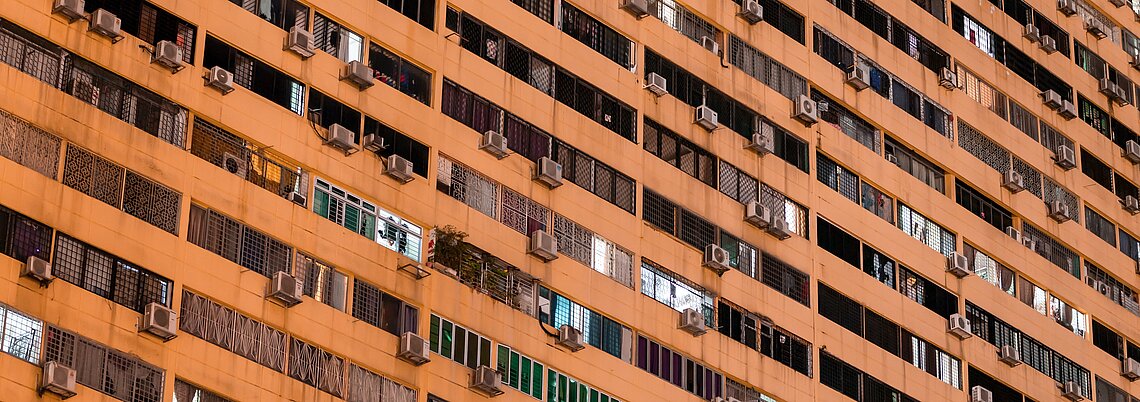Cooling is a basic need – from refrigerated food and vaccines to better living conditions in hot climates. The positive effects of cooling, however, come with a downside. The cooling sector is a massive greenhouse gas emitter. This is due to appliances that are not energy-efficient and the high global warming potential of commonly used, synthetic refrigerants. Many air conditioners and refrigerators contain substances such as HFOs and HFCs which are up to 15,000 times more harmful to the climate than CO2.
Carbon emissions from space cooling have tripled since 1990 and are continuing to surge, with space cooling set to become the strongest driver of growth from buildings electricity over the next 30 years (IEA, 2018). Deep transformation of the sector is needed to accelerate the pathway to a healthy, resilient, zero emissions future.
How can we transform the cooling sector? And how can we use carbon finance to encourage private sector investment in the sector?
These questions were addressed during a GIZ side event at Africa Climate Week 2021. The event was organized on behalf of the German Federal Ministry for the Environment, Nature Conservation and Nuclear Safety (BMU) and gathered various experts on the topic.
At the beginning, Rachel Pekker and Sebastian Schnatz officially welcomed the participants from the ministry's side. In their welcome remarks, they emphasized the potential of the booming cooling sector, and also the interlinkages between the Paris Agreement and the Kigali Amendment to the Montreal Protocol. Philipp Denzinger (GIZ Proklima) then gave an overview of the worldwide activities that GIZ is carrying out in this area on behalf of the German Federal Ministry for the Environment. He reiterated the importance of combining high energy efficiency but also natural, environmentally friendly refrigerants in all projects. This concept is called "Green Cooling".
In the subsequent expert talk, the global perspective was broken down to the Southern African perspective. “In the SADC countries in particular, we see an increase in electricity demand driven by the growth of the middle class and urbanization,” said Bashi Gaetsaloe (Jupiter Consulting), an energy and policy expert. “We expect a tenfold increase by 2040.” The so-called leapfrogging is very important, he further explained: “We need to avoid outdated legacy systems and invest in more efficient technologies right from the start.” Various areas could play a major role in this. Public procurement is especially interesting: “When we build new schools or hospitals, we want them to be energy efficient from the start. When such requirements are built into the procurement process, it forces the industry to find the right solutions.”
In the last presentation of the side event, Joachim Schnurr (GFA Consulting Group) went into more detail about carbon finance for leveraging private sector investments in the cooling sector. He also discussed the preliminary work on a BMU-funded GIZ project to promote Green Cooling in the SADC region. He estimates that the introduction of MEPS for cooling appliances could result in around 5.6 million t CO2eq savings by 2030.
During the subsequent discussion, the approaches presented were discussed by an audience of experts from the cooling sector and other interested parties.
Recording of the sessions are available online.

